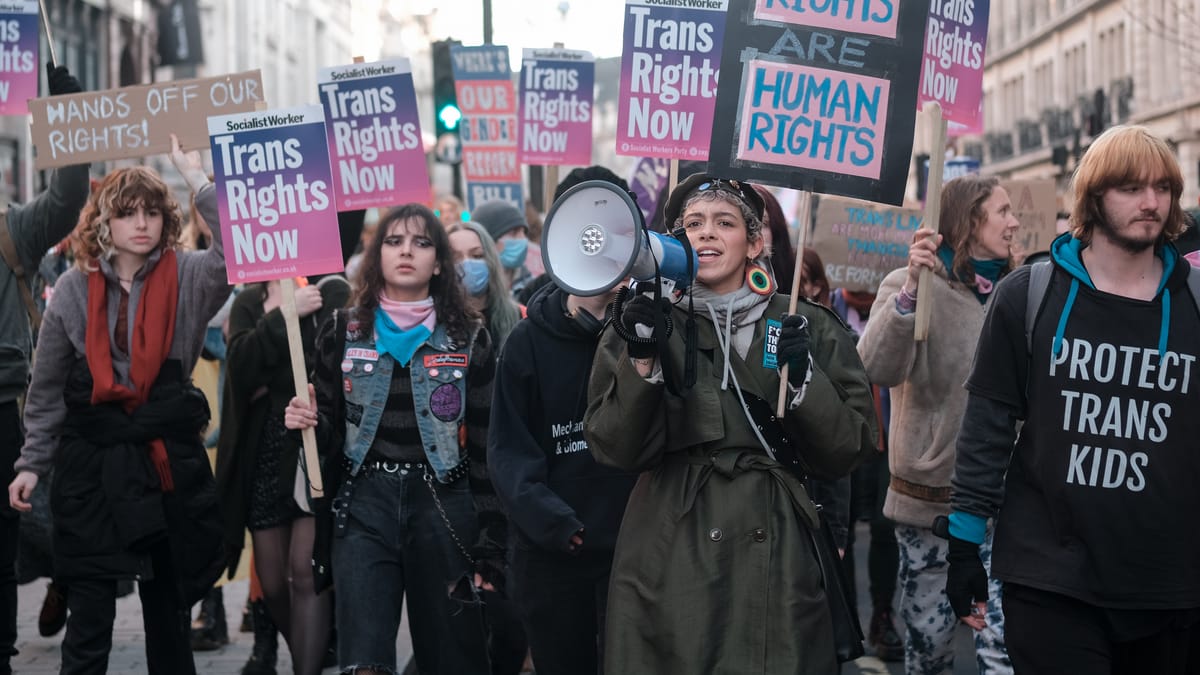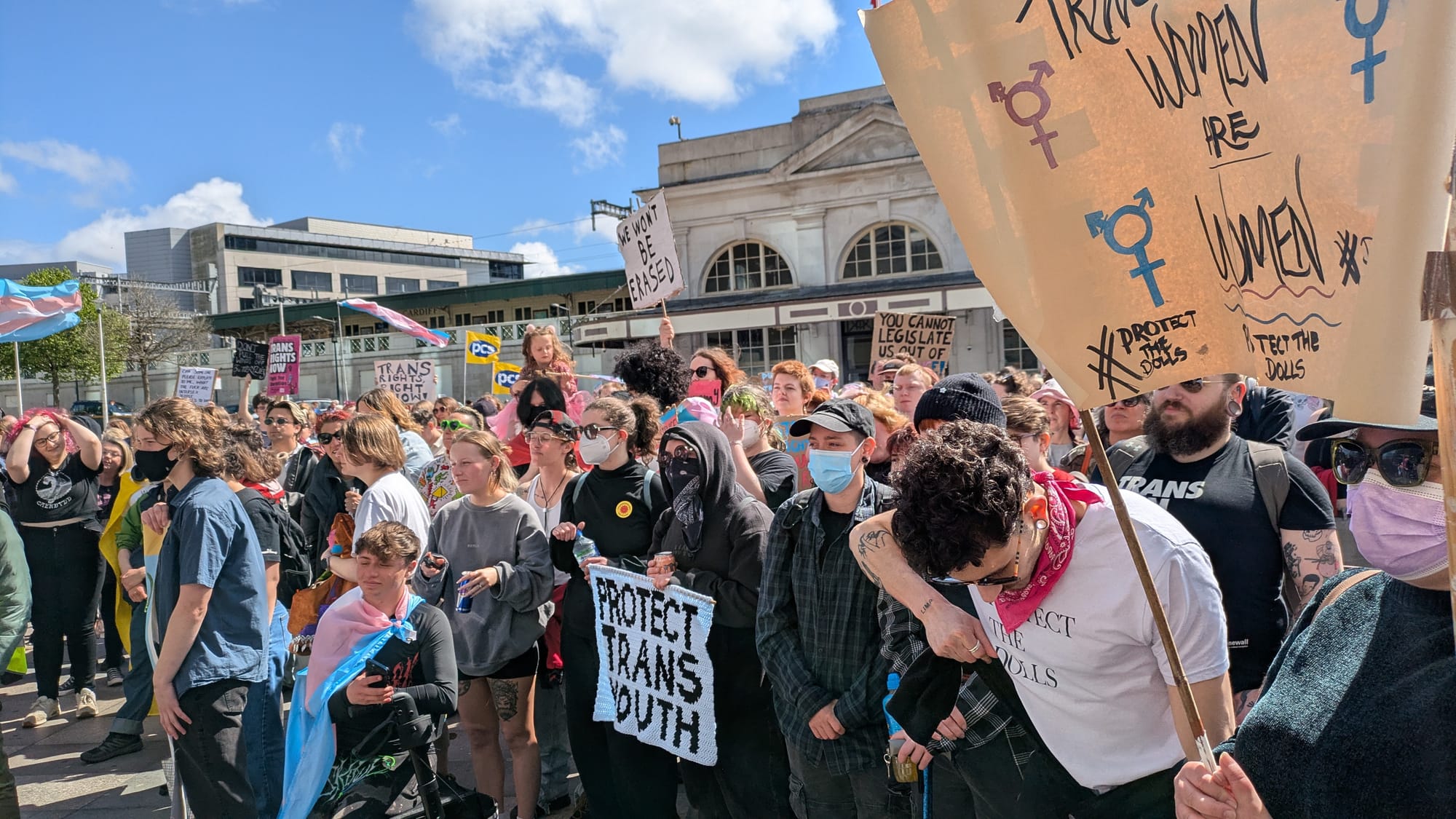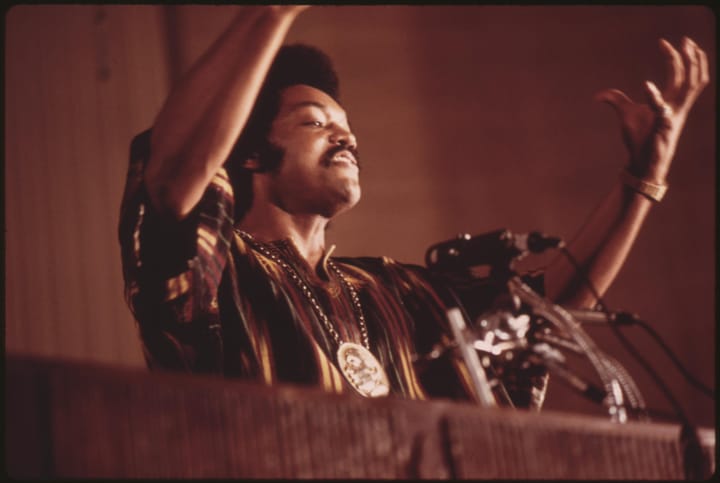Trans Awareness Week - Beyond the Binary: A History of Trans Rights in the UK

As Trans Awareness Week (13–19 November) unfolds, it’s a moment not only to celebrate and uplift trans and non-binary voices but also to reflect on the long, complex journey toward equality in the UK. This week culminates in Transgender Day of Remembrance on 20 November, honouring lives lost to anti-trans violence and reminding us why visibility and advocacy matter now more than ever.
Trans identities are not new. Historical records show gender non-conforming individuals in Britain as far back as the medieval period, but modern visibility began in the mid-20th century. In 1951, Roberta Cowell became the first known British trans woman to undergo gender confirmation surgery, a groundbreaking moment in a society that barely understood gender beyond the binary.

The 1960s brought further visibility with figures like April Ashley, a model and actress whose life became central to one of the most consequential legal cases for trans rights in Britain.
In 1970, the infamous Corbett v Corbett case ruled that a person’s sex was fixed at birth, effectively denying trans people legal recognition for decades. This decision reverberated through family law and marriage rights, leaving trans individuals in a legal limbo.

The 1980s and 1990s saw growing activism, notably through trans rights charity Press for Change, and landmark cases such as P v S and Cornwall County Council (1996), which established that dismissing someone for undergoing gender reassignment was unlawful under European law - the first ruling of its kind globally.
The most significant breakthrough came with the Gender Recognition Act 2004, allowing trans people to change their legal gender on birth certificates and official documents. This was followed by the Equality Act 2010, which prohibited discrimination based on gender reassignment in employment, education, and services.

Yet, progress remains contested. Recent debates over reforming the Gender Recognition Act and court rulings - such as the 2025 Supreme Court decision affirming that a Gender Recognition Certificate does not alter sex under the Equality Act - highlight ongoing tensions between legal frameworks and lived realities.
Trans Awareness Week is more than a calendar event - it’s a call to action. Despite legal advances, trans people in the UK still face disproportionate levels of discrimination, hate crime and barriers to healthcare. Awareness weeks like this aim to replace performative allyship with meaningful change: challenging misinformation, amplifying trans voices and advocating for inclusive policies.
Support independent LGBTQ+ journalism
Scene was founded in Brighton in 1993, at a time when news stories about Pride protests were considered radical. Since then, Scene has remained proudly independent, building a platform for queer voices. Every subscription helps us to report on the stories that matter to LGBTQ+ people across the UK and beyond.
Your support funds our journalists and contributes to Pride Community Foundation’s grant-making and policy work.
Subscribe today




Comments ()